Escaping the city and settling down in the country sounds peaceful, even idyllic. After all, who wouldn’t want to forego the gridlocked roads and extra-long coffee lines for a longer driveway, clean air, and a spacious property? Before you call up your realtor and hand over the keys, however, there are a few important things to consider. We caught up with Farmhouse Facelift‘s sibling duo Carolyn Wilbrink and Billy Pearson to find out all of the questions you should ask yourself before investing in that country dream home.
Farmhouse Facelift airs Wednesdays at 10 p.m. ET/PT on HGTV Canada. It is also available on the new Global TV App, and on STACKTV with Amazon Prime Video Channels. HGTV Canada is available through all major TV service providers.
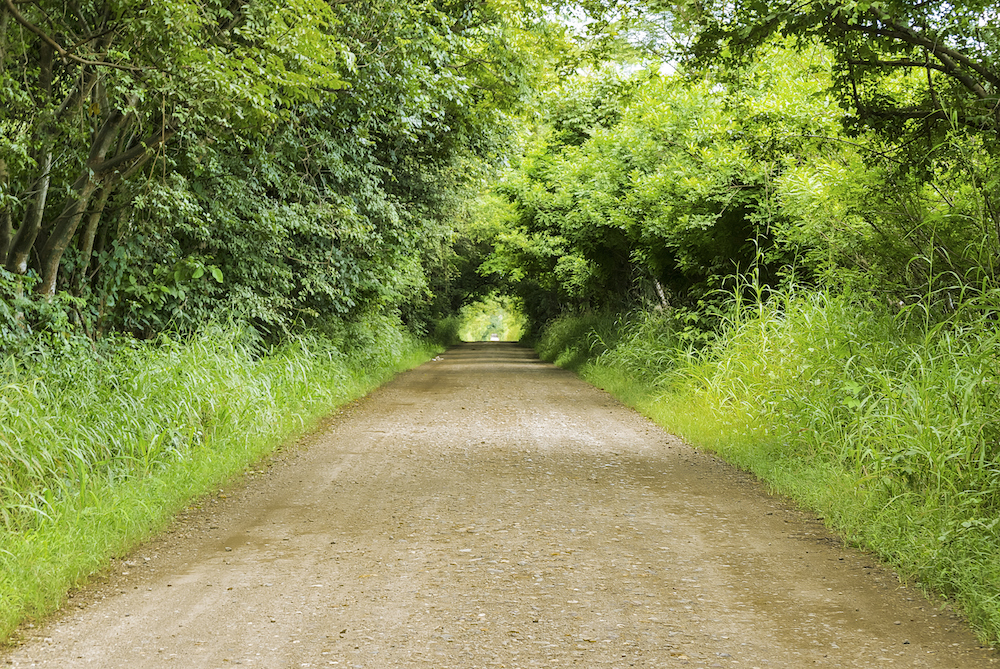
Are There Dirt Roads and a Long Driveway?
Long driveways seem quaint but they can actually be a lot of work-especially in the winter months. “If you’re going to have a long driveway, you’d better get a plow,” Carolyn says. “Because no one’s going to do it for you!” She adds that you should also consider the wear and tear on your vehicle if you need to take a few dirt roads to get to your property. “Even this past year from doing the episodes, we drove pretty much like 60 per cent on dirt roads,” she says. “The underside of my car is a mess!”
Related: 10 Things First-Time Homebuyers Should Consider Before Buying Property Outside the City
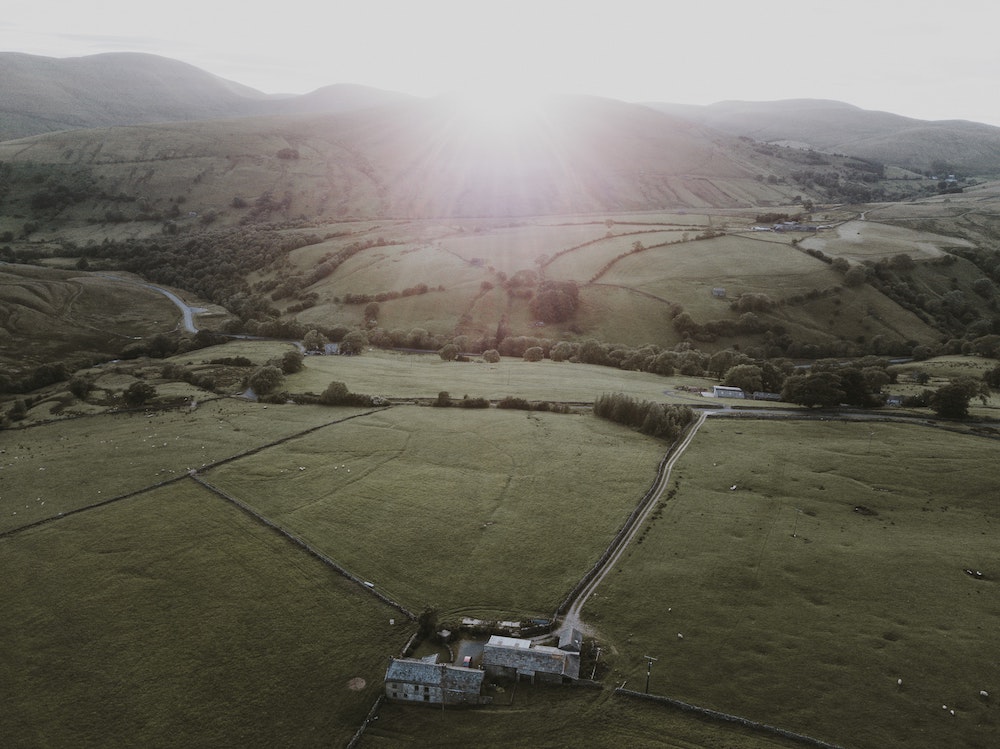
How Many Services Does the Property Get?
When you’re looking at a potential farmhouse property, don’t forget to look at what services are available. No, we’re not talking about Uber Eats or Amazon deliveries (although those things are nice) but more basic services like gas and hydro. Having access to the grid could definitely save you money compared to some of the more remote properties out there that don’t have these services. “Make sure your property is on a service line,” Billy says. “If you’re buying a home that’s really out in the middle of nowhere you might get stuck with having to have propane brought in. Or oil – oil being worse. Oil can be its own problem because a lot of insurance companies don’t want to insure it.”
Related: What to Expect for the Canadian Real Estate Market in 2021
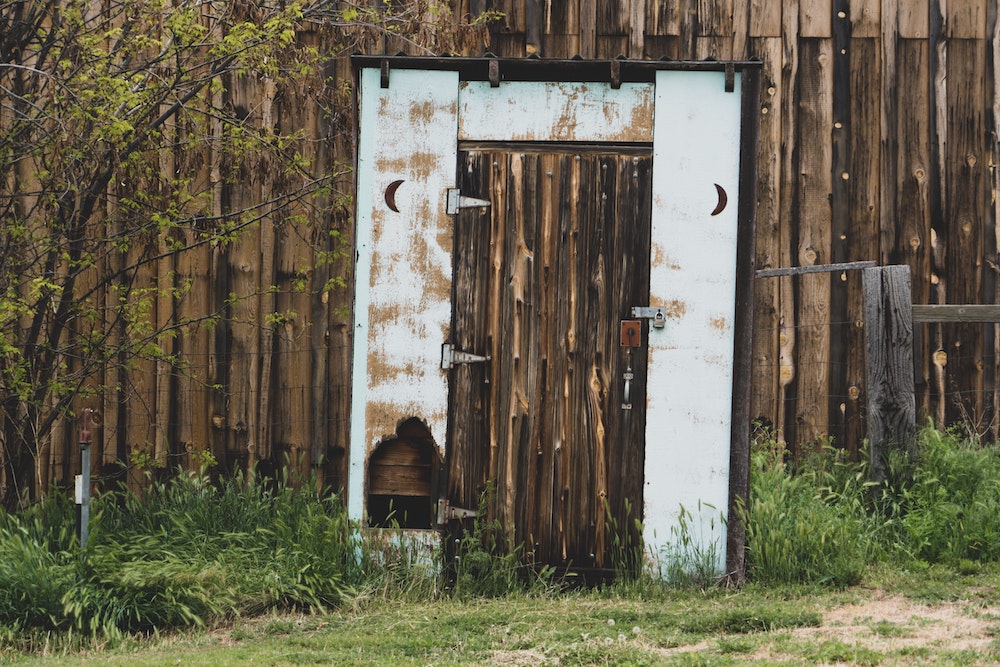
Septic vs. Sewer?
Sometimes the remote farmhouse lifestyle means making small changes that you don’t necessary consider in the city… like acquiring a septic tank so that wastewater is treated on the property (as opposed to a sewer system in which it’s carried away). While that difference isn’t a deal-breaker for most people, Billy and Carolyn caution that you definitely want to know how old the septic is because most of the older homes they’ve seen still have the original system in place. Replacing it can cost big bucks. “Septic tanks have about a 50-year lifespan and if you need a new one that can [cost] you $25,000 to $35,000,” Billy says. “That’s something you want to look at. Maybe you do have a city sewer that you could connect to. You want to know those things.” Most of the time, however, with a country property you’re stuck on a well and a septic, adds Carolyn.
Related: Questions You Need to Ask Your Real Estate Agent Before Buying
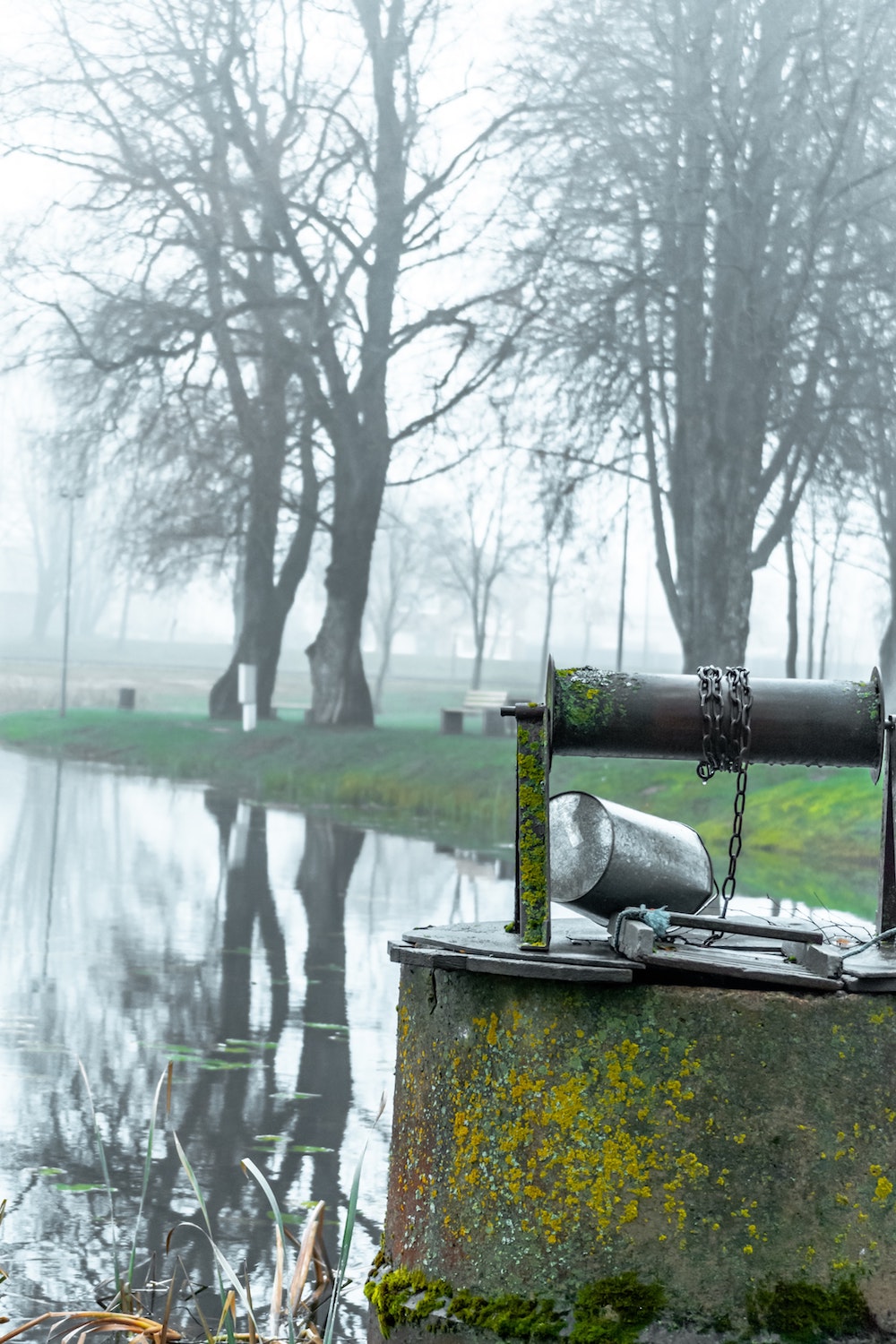
What Kind of Well Water is Available?
You’d think that you could just dig up a well anywhere on your own property and find water, but that’s not how it works, explain the siblings. Yes, you can dig for well water and then test it, but more often than not you could also be dealing with dry wells, wells that eventually run dry, and wells that dry up several times throughout the year. In other words, wells can get costly, fast. “[You may] need a holding tank as well to have water basically brought in and put in a holding tank for you,” Billy reveals. “There’s all kinds of things you’ve got to think about that you just don’t think about when you’re in the city, because we’ve been spoiled to some degree with those kinds of conveniences.”
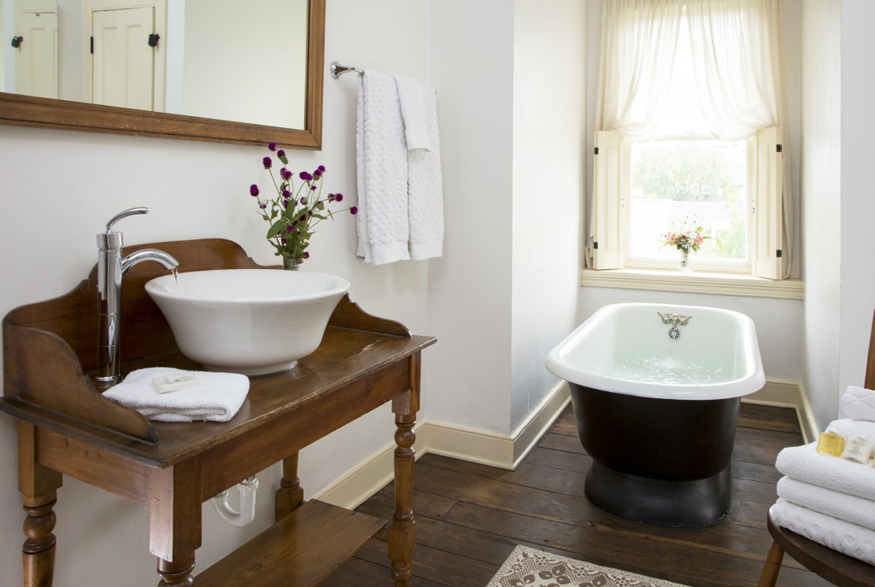
What Kind of Plumbing Is in Place?
Another downfall of older homes is that often, if you look in the walls, you’ll find cast iron or galvanized plumbing. Unfortunately pipes made from the latter material have a limited shelf life (20 years or so), while cast iron is only good for 80-100 years. Builders have since replaced cast iron with copper and plastic piping, so odds are the century home you’re eyeing is in need of an upgrade. If that’s the case, be prepared to open up the walls. “Cast iron is very fragile,” warns Billy. “And galvanized pipes can rot from the inside out. When you get a plumber out they don’t generally like to tie into that plumbing because they run the risk of breaking these threaded joints. If they break the threaded joints they have to keep taking it apart until they can get back to a point where they can tie into.” In other words, a simple job like hooking up a new bathroom sink can suddenly become very, very complicated.
Related: 10 Examples of How Truly Shocking the Toronto Market Currently Is
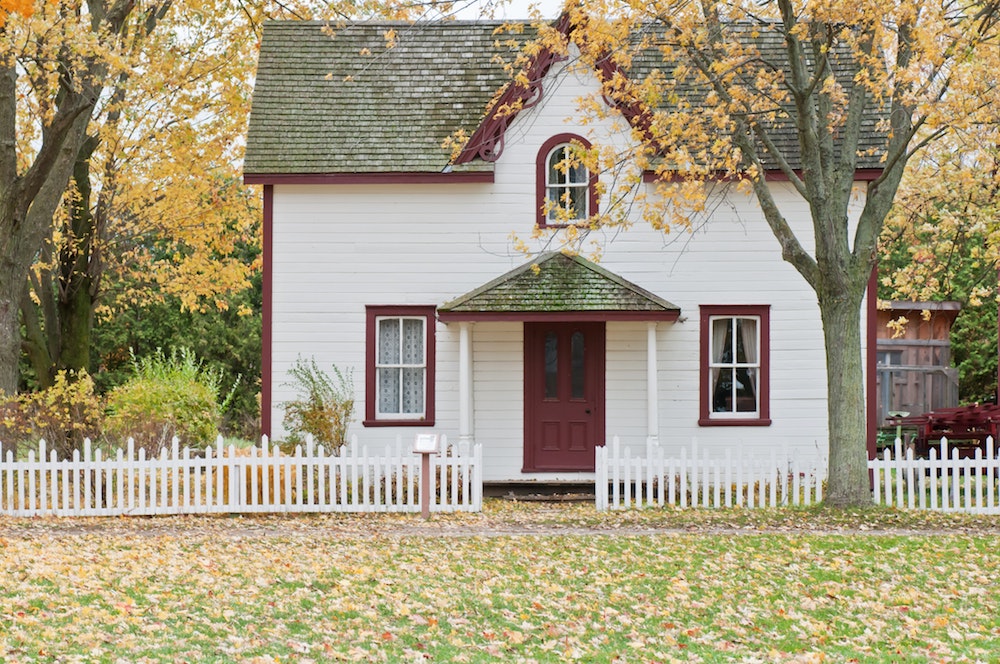
Is It Brick Or Wood?
When you’re looking at the house itself, note whether the property is made from brick or wood. Esthetically they offer different things, but structurally brick is going to last a lot longer and give you more bang for your buck. “Wood, you’re going to have a lot more problems with. Not always, but you’re going to have the possibility of having termite damage, or carpenter ants, or dry rot, or anything like that,” Billy says. “That could really be a lot of maintenance. Especially when you start opening up walls or floors [and] you realize you’ve got to replace everything.”
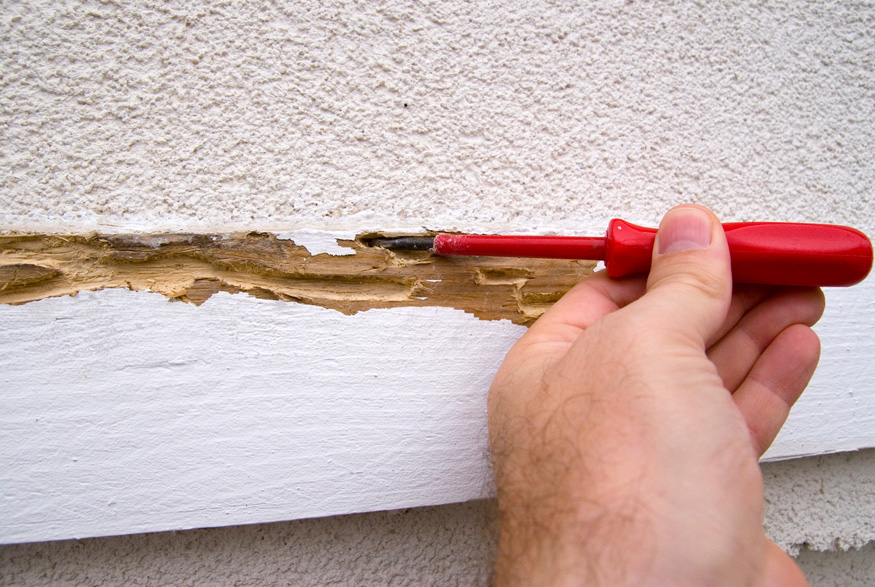
Are There Inside Threats?
Pests and rot aside, Carolyn and Billy say it’s a good idea to look for other internal threats when deciding on your farm home. That means taking note of door frames and walls to see if anything looks a little… lopsided. If so, that could mean there’s a large and expensive structural issue at play. “We have another farm house right now that we plan on renovating, [with] those doorways that are all sagging and everything is kind of leaning towards the staircase,” says Carolyn. “Before we renovate anything, we have to actually jack the house so that it’s level from underneath. So that’s huge. But it’s funny because you do go in and sometimes you can’t even shut a door.”
Related: 10 Incredibly Cheap Houses for Sale in Canada in 2021
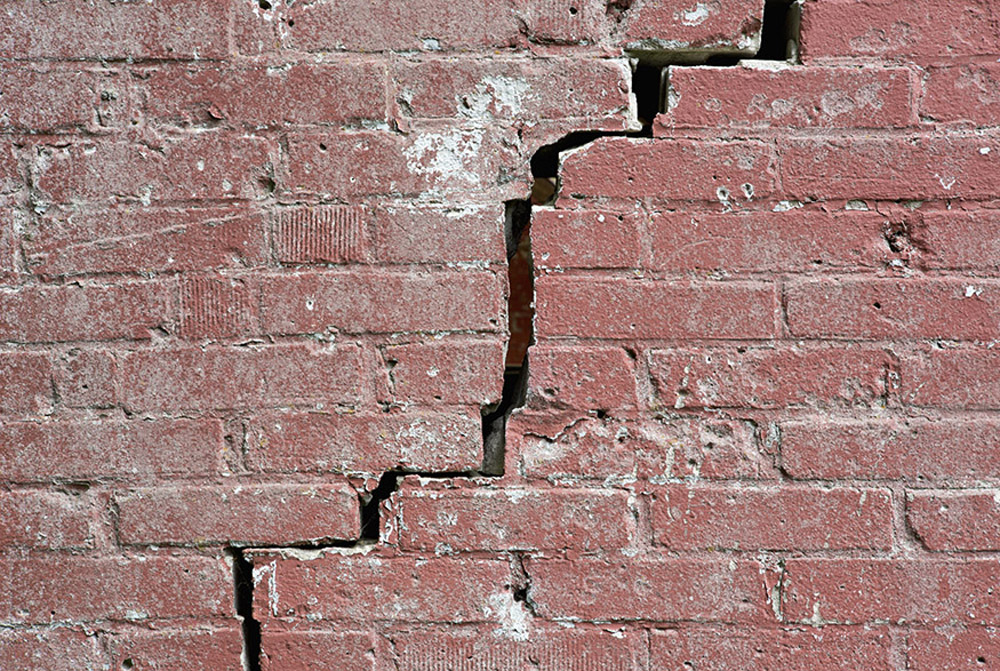
Has the Home Been Brought up to Code?
Sometimes the foundation on an old farmhouse has shifted over the past 80 to 100 years and it’s still okay, reveals Billy. However you still want to make sure that the home isn’t continuing to shift or move because back then there were no building codes to worry about-builders could basically prop the home up any way they wanted. “There was no, dig down and put proper footings in like we do today,” he reveals. “It was all just kinda of like, Bob and his brother building a house and everybody had almost different building styles because everyone was a carpenter back then, you know?”
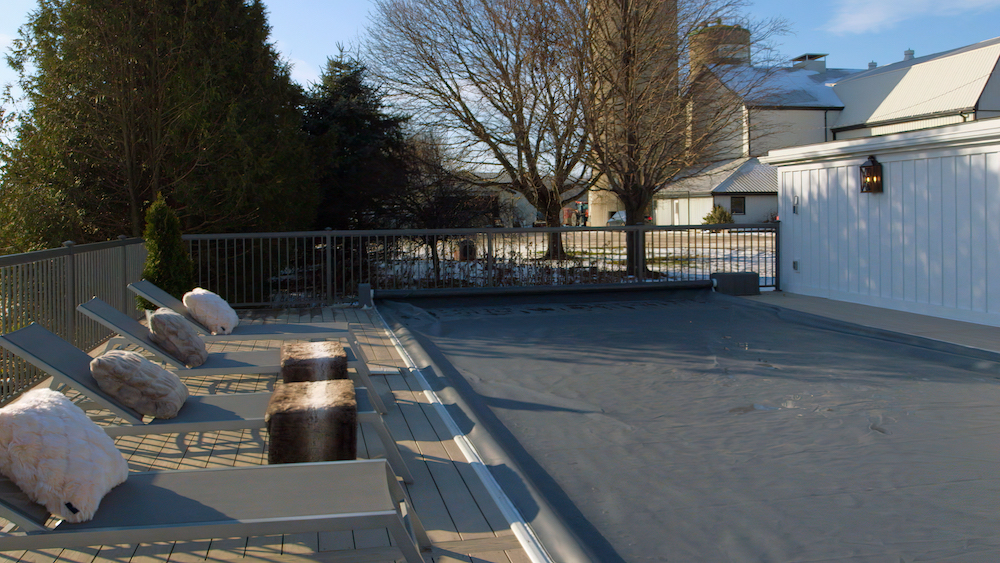
What Kind of Zoning By-Laws Are in Place?
When you find a property that speaks to you it’s easy to start dreaming up all of the ways that you want to make it your own. That doesn’t mean you can legally do so, however. Billy and Carolyn reveal that zoning by-laws can restrict the types of changes you’re legally allowed to make to a property, and should be fully considered before purchasing any type of home or land. “Every municipality has their different zoning rules,” explains Carolyn. “Even when we were getting our permits and everything for the show, every township has different ways of doing things. So that all depends on where you’re going.”
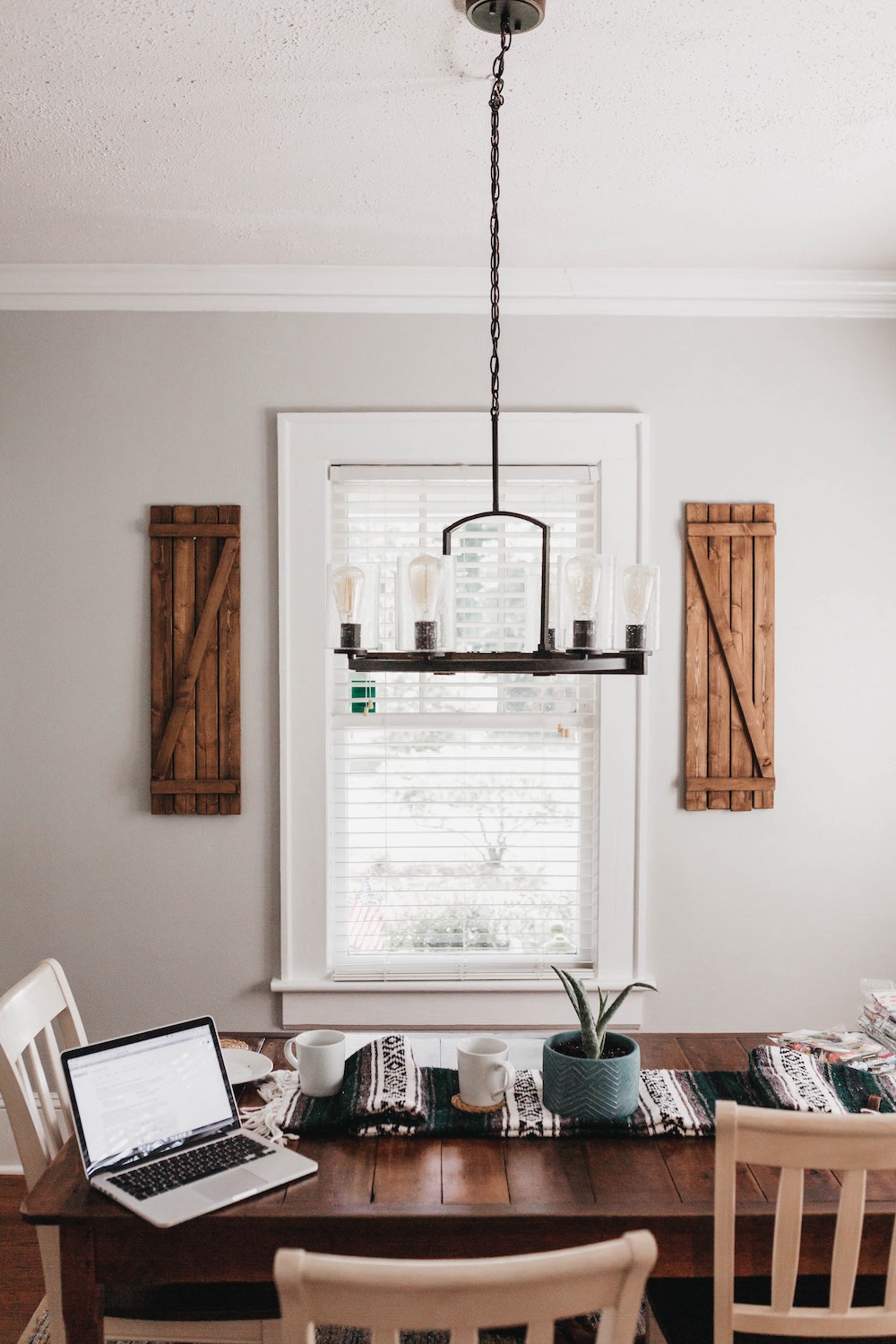
Will You Get Wi-Fi?
Last but not least, how remote is your country property anyhow? If you’re looking to pack up the city life and bring your work with you, odds are you’re going to need a good internet connection to keep up with those emails. And, if you stream your favourite TV shows and movies, proper wi-fi will be vital. “You’ve got to make sure you have something,” Billy says. “[Otherwise] you’re going to have a huge cellular Wi-fi bill.” Carolyn agrees. “Try having four children on Wi-fi while you’re trying to work from home,” she adds with a laugh. “It’s absolutely insane.”
HGTV your inbox.
By clicking "SIGN UP” you agree to receive emails from HGTV and accept Corus' Terms of Use and Corus' Privacy Policy.




